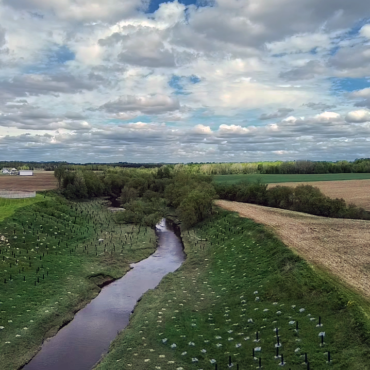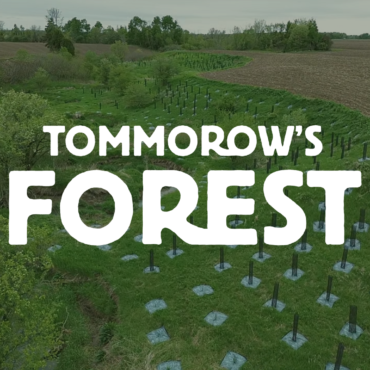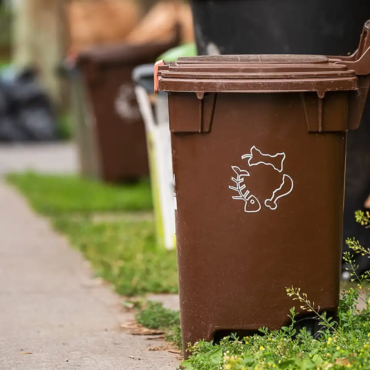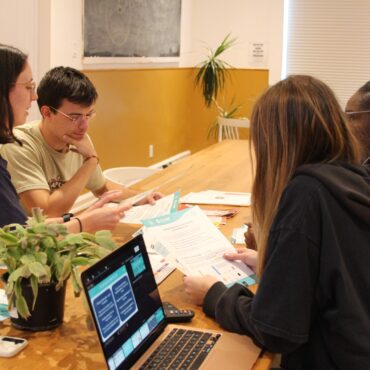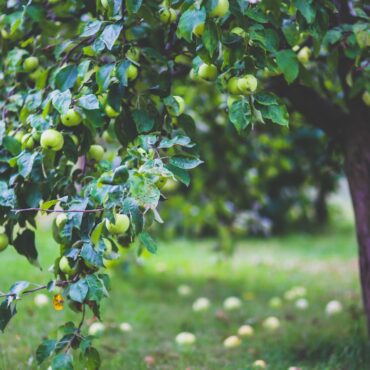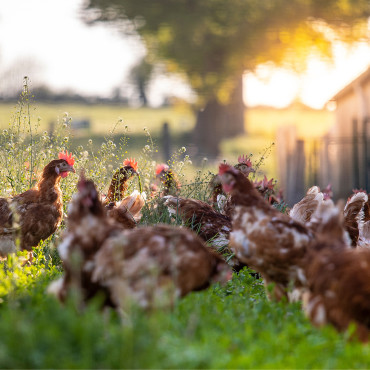Blog & News
Highlights
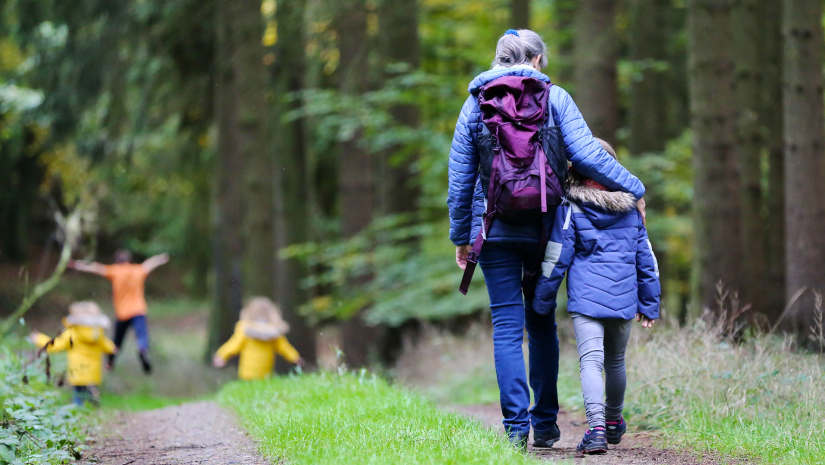
Kids have a natural connection and curiosity towards the world around them. When we talk about environmentalism and leaving the world a better place for our children, our kids are not standing idly by while we wonder what steps to take. Armed with energy, adept in technology and enthusiastic to create change, our kids already have the tools to become stewards and protectors of the environment. With a new year just starting, it’s the perfect time to renew our commitments by sharing our values with the next generation.
Part of our job as parents is to help guide our children in shaping the world that they want to be a part of. My personal goal is to help my daughter engage with the natural world and to feel connected not only to local ecosystems but to the planet as a whole. But how do we get there? And how do we cultivate a desire to protect the planet and all of the species that we share it with? I have a few ideas.
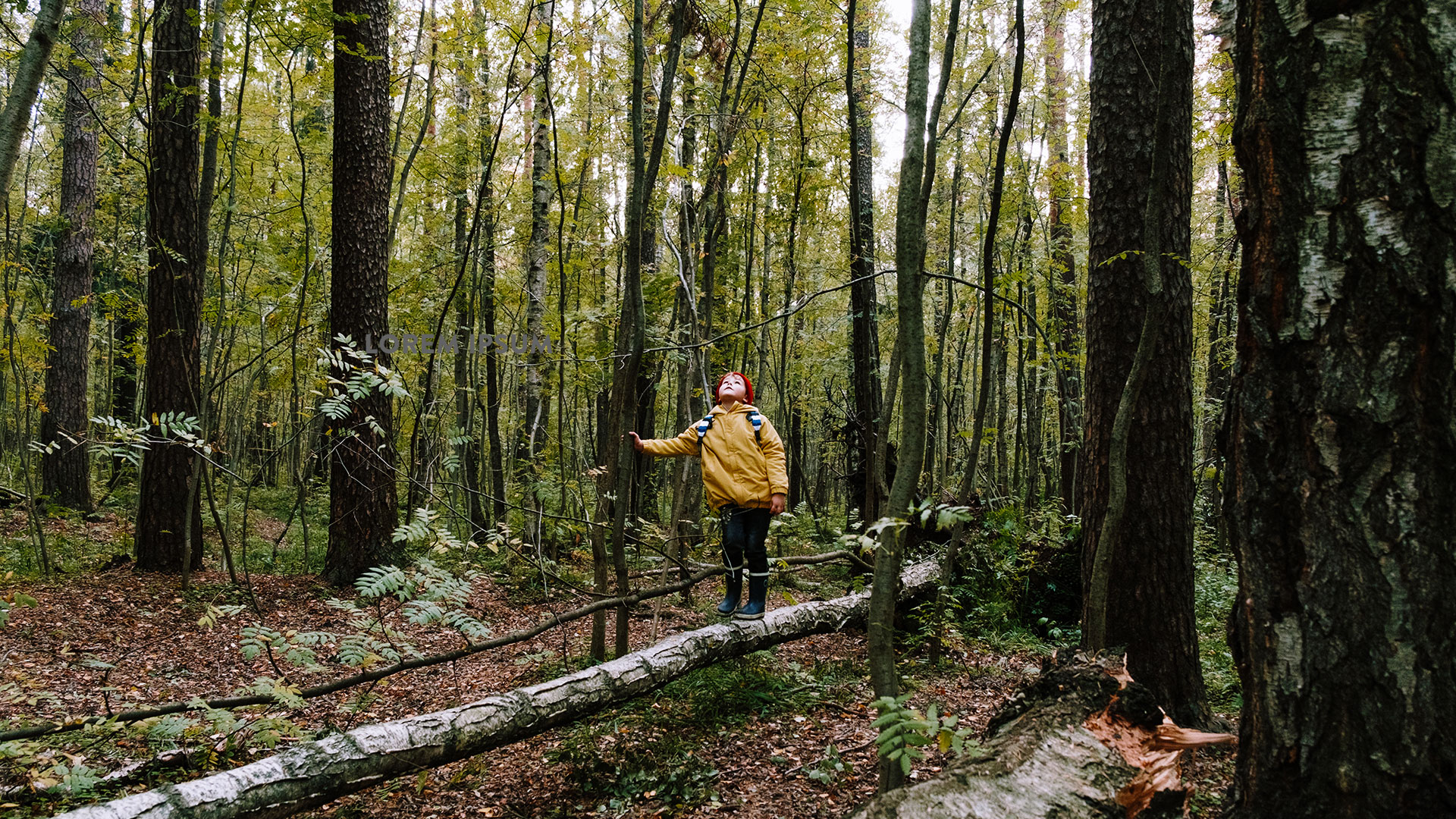
Spend Time Outdoors
The concept of forest schools and nature schools is really gaining traction across Canada, and for good reason. Spending time outdoors and in nature encourages curiosity, exploration, and problem solving. Kids can learn by counting birds, observing plants, or just lifting up rocks just to see what’s living underneath. According to a study from Cambridge University in 2017, there is scientific evidence that proves children who play outside are more likely to cherish and protect nature when they become adults.
This past summer, my family and I took a trip through the Thousand Islands near Rockport, Ontario. We stopped at MacDonald Island, (one of the larger Ontario Parks owned islands) to do some exploring, and while we hiked we came across over 12 different species of mushrooms of all different sizes and colours just growing wild. My daughter and her friends spent hours taking photos of the mushrooms and looking for new species that they hadn’t discovered yet. By the time it started getting dark, the kids had even recruited all of the adults to scour the island to ensure that they hadn’t missed capturing any species of mushroom. The fun continued when we returned home and had to identify each and every mushroom to see which ones were edible. It was incredible to share in the youthful excitement at discovering something so new.
Grow Something Together
As far as outdoor activities go, gardening is hard to beat for promoting well-rounded development. Whether the garden is in pots, on an apartment balcony, in a community patch or right out the back door, kids who engage with it are harvesting a whole lot more than food and flowers – they are gaining an appreciation for our food systems. How do I know this? I’ve done it! My family has grown everything from heirloom tomatoes, to cucamelons, corn, and giant pumpkins. Nothing teaches resilience and critical thinking like cultivating plants, and even the unsuccessful attempts can be great learning experiences.
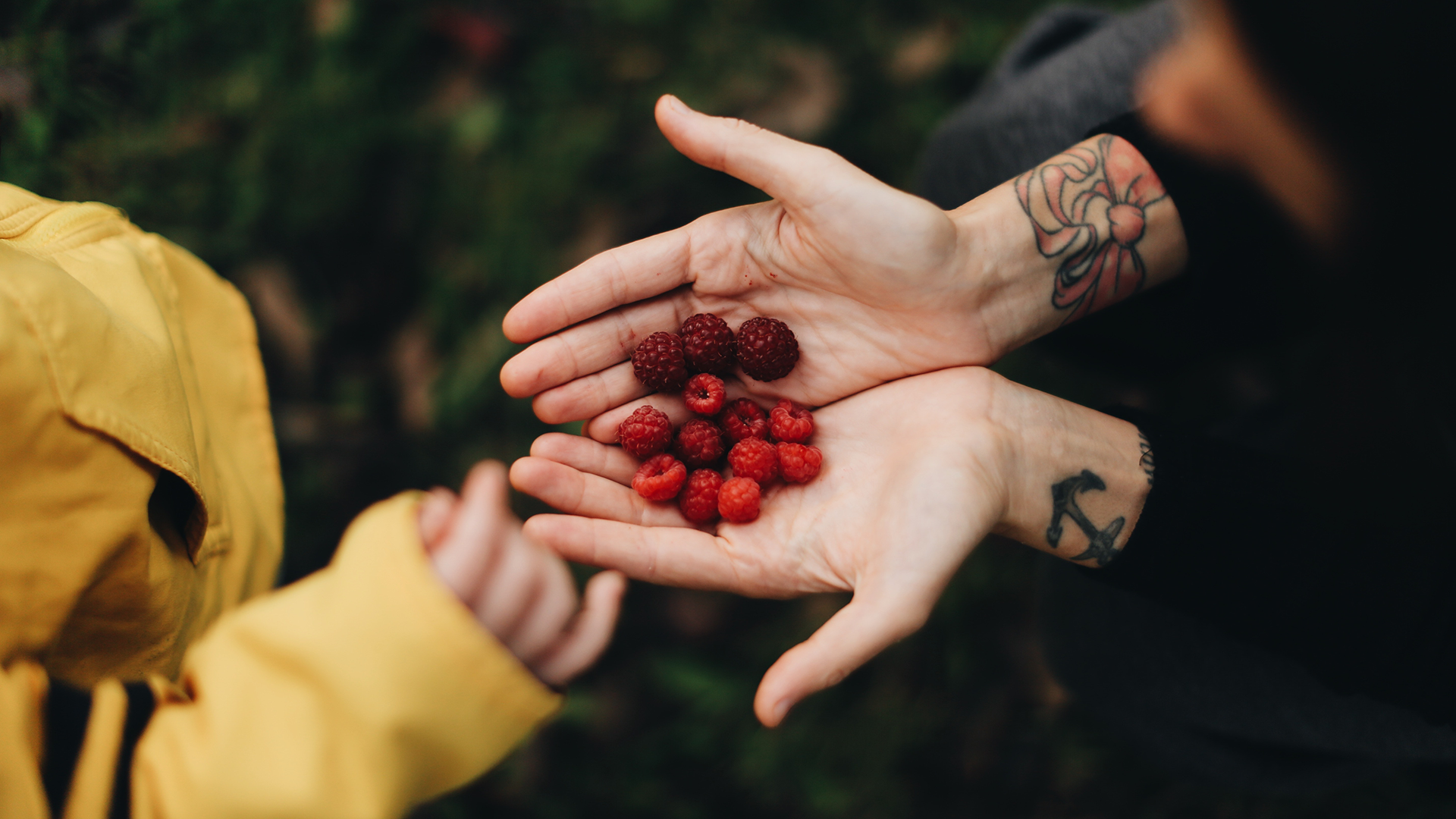
One of my family’s newest favourite gardening activities includes trying to regrow food scraps. We started with “easy to regrow” veggies like green onions and lettuce, but now we are attempting some more challenging and finicky types. My daughter and I are on our 16th attempt to grow an avocado from a nut. We have spent countless hours doing research and trying out new strategies like different lighting, removing the outer layer of the nut, adding nutrients to the water, and using different substrates, but with no success. We will continue trying, and when one of these nuts does eventually sprout, it’s going to be cause for celebration. If you are interested in learning more about regrowing food from scraps, the University of British Columbia has some great tips and tricks.
Explore Problems and Solutions
Since we are such a technologically driven society, you should use it to your benefit! There are so many apps that teach users about the outdoors or that can be used on visits to national or provincial parks. It makes it easy to continue learning before, during, and after your outdoor adventures. One of my favorite apps for kids to learn about the environment and the species that live there is the Earth Rangers App, and the best part is that it’s free!
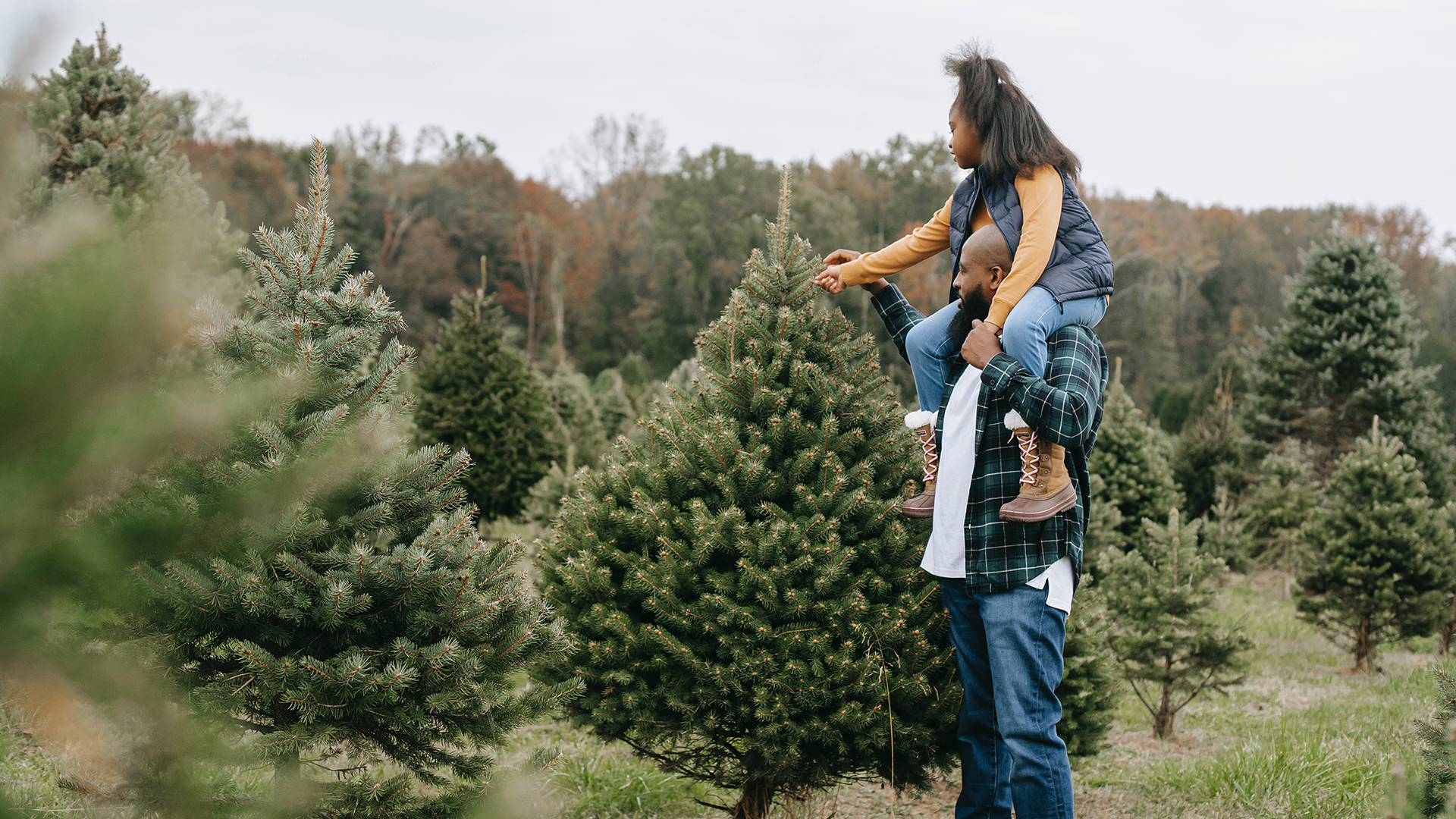
My daughter is a dedicated Earth Ranger. She even has the membership card to prove it! Through the app she goes on “missions”, like recycling batteries or planting pollinator gardens, and learns about their impact on the planet. The missions always relate back to protecting animals, which completely resonates and motivates her to adopt eco-friendly habits for life.
Volunteer
Volunteering is a great opportunity for kids to learn about the environment. It also teaches critical life skills like planning, working in groups, interacting with different types of people, and solving problems. This is especially helpful for youth who are experiencing eco-anxiety – it gives them an outlet to make change and reminds them that they can make a difference. The Canadian Environmental Network has a great tool for finding volunteer opportunities in the environmental field across Canada. You can view it here.
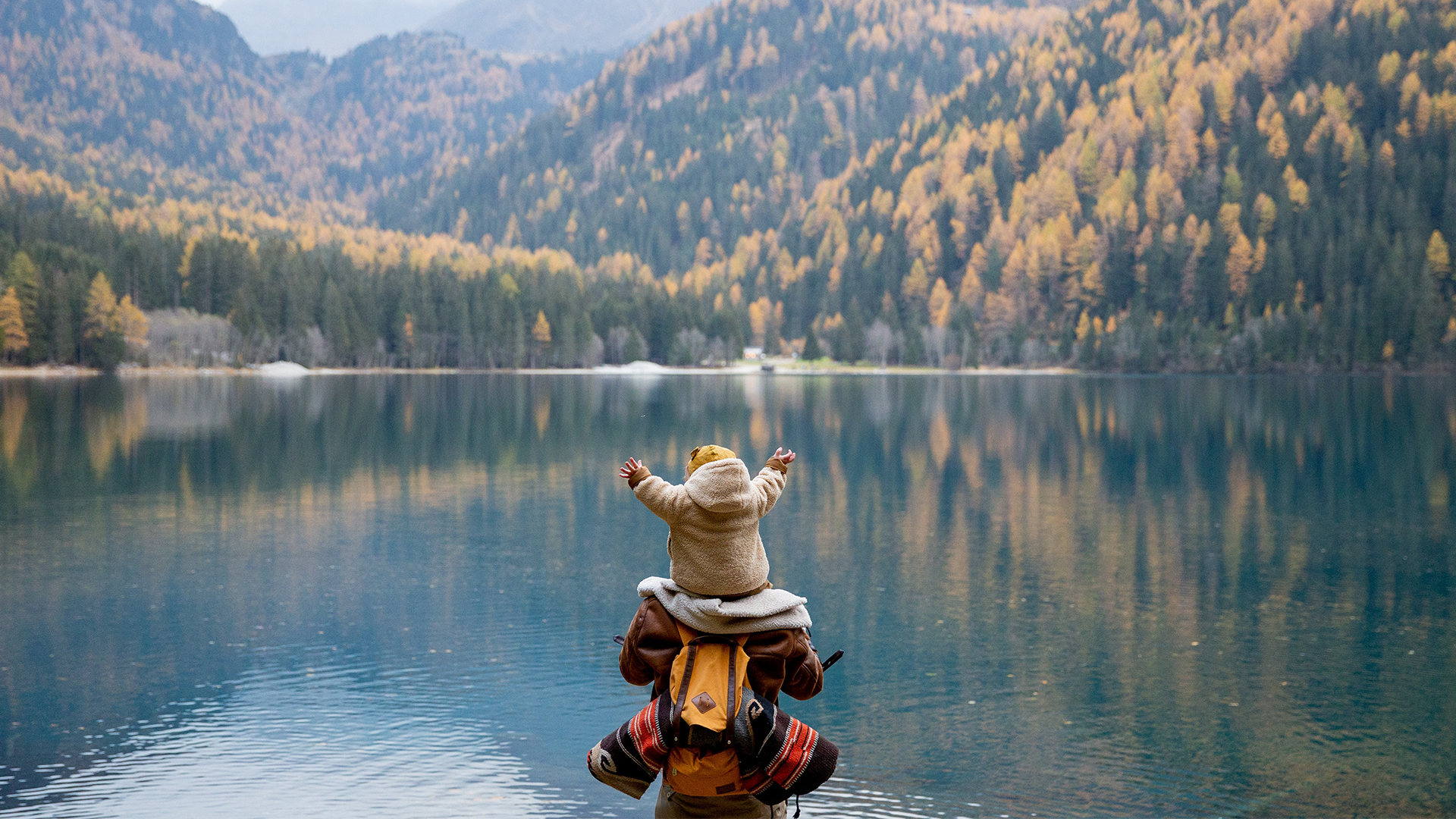
There are so many ways that we can help create a connection between youth and nature. I absolutely believe that with their boundless energy and their innovative ideas, they could be the key to creating authentic change in protecting our planet’s future. It is up to us to support them!

Development Director
Kristin Mullin
Kristin is known for her infectious enthusiasm, her insatiable curiosity and love for nature. Kristin seeks ways to reduce her impact on the planet everyday while growing her own produce and tending to a flock of backyard chickens. She is lucky to live in rural Ontario where she has access to lakes, rivers and trails in which to hike, bike and kayak.
View all posts...Related posts :
Contact us
Earth Day Canada
5818, boulevard Saint-Laurent
Montréal (Québec) H2T 1T3 Canada
Phone : (514) 728-0116
Toll free : 1 800 424-8758
Fax : (514) 303-0248
Email: hello@earthday.ca
2025 © Earth Day Canada. All rights reserved.
Privacy policy · Terms of use · Trademark
